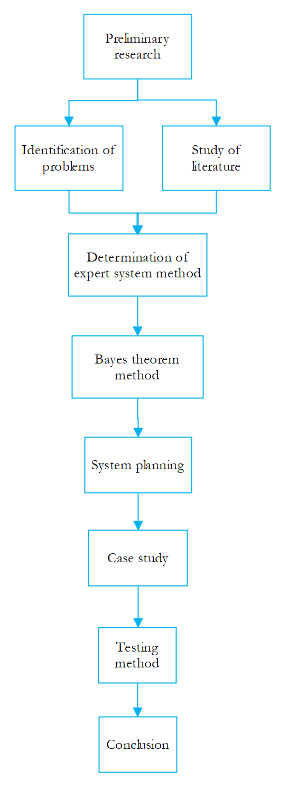Implementing Bayes’ Theorem Method in Expert System to Determine Infant Disease
DOI:
https://doi.org/10.23917/khif.v10i1.4837Keywords:
disease, baby, expert system, bayes theoremAbstract
The infant’s immune system requires parental attention and is recommended to be checked regularly by health professionals. These diseases suffered by infants are Acute Respiratory Infections (ARI), Diarrhea, Acute Pharyngitis, Scabies, and Allergic Contact Dermatitis (ACD). Treatment can be provided at the public health center (Puskesmas), although there is still a general shortage of specialist doctors and no system to help diagnose diseases suffered by infants. Bayes’ Theorem is a rule that uses probability to make the best decision based on available information. This study makes a diagnosis of the disease suffered by the baby with the aim that the disease can be treated early by using the Bayes’ Theorem method. Based on the scenario that babies who experience symptoms of cold cough, itchy, and runny nose are then calculated using the Bayes’ Theorem method, it is concluded that the baby is suffering from Scabies. Bayes’ Theorem method, which was tested on 30 data, was found to have an accuracy value of 0.89 or 89%. The infant disease expert system using the Bayes’ Theorem method makes it easier for parents to find out the disease in their baby so that they can take action on the symptoms that appear.
Downloads

Downloads
Submitted
Published
Issue
Section
License
Copyright (c) 2024 Virasanty Muslimah

This work is licensed under a Creative Commons Attribution 4.0 International License.









